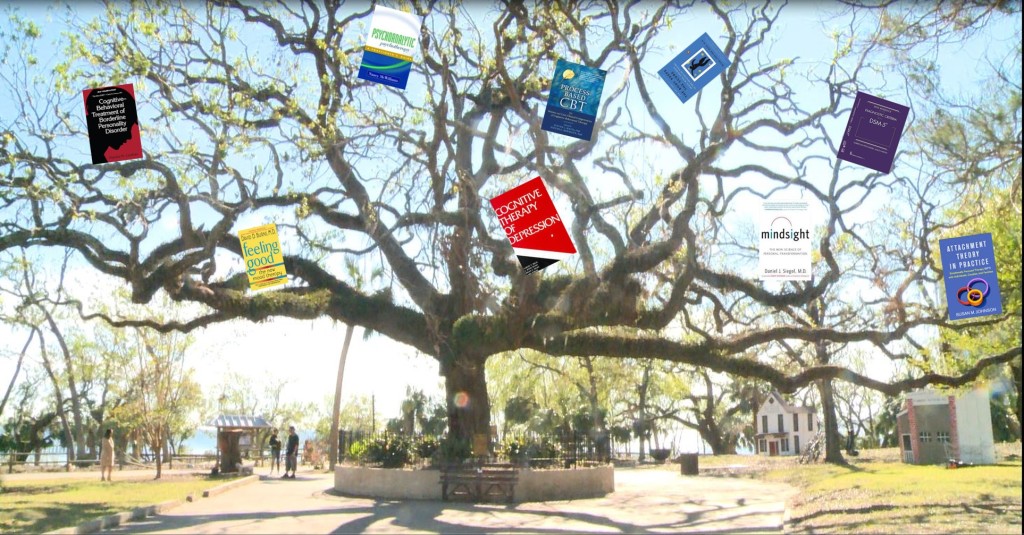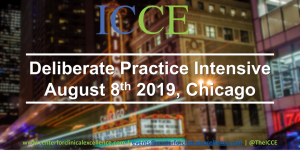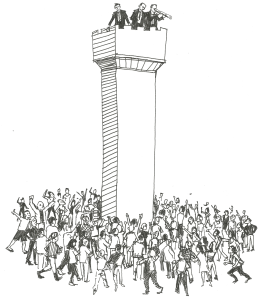 You’ve heard it said before. Flying is the safest form of transportation.
You’ve heard it said before. Flying is the safest form of transportation.
Facts back up the claim. In fact, it’s not even close. In terms of distance traveled, the fatality rate per billion kilometers is .003, improving dramatically over the years. Cars, by contrast, are almost 1,000 times more dangerous. Still, since 1923, the fatality rate in motor vehicle accidents has declined an eye-popping 93%.
How about psychotherapy? Have outcomes improved? Judging by the size of the Diagnostic and Statistical Manual and growth in the number of treatment approaches, one would expect success rates to have climbed significantly, if not exponentially. Not so, as I first presented at the Evolution of Psychotherapy Conference five years ago, and later on this blog, the empirical evidence clearly shows NO improvement.
And now a new study, this time reviewing the evidence regarding treatments for children and adolescents. Using sophisticated statistical analyses, the researchers examined 453 RCT’s spanning 53 years, involving nearly 32,000 kids treated for anxiety, depression, attention deficit/hyperactivity, and conduct problems. With the rising popularity of “evidence-based practice,” those conducting the study wanted to know whether “… our methods of developing and testing youth psychological therapies [are] producing improvement” (p. 2).
Can you guess what they found?
Outcomes have not changed (much less improved) over the last five decades–that’s 351 in dog years!
Can you imagine the outcry had similar results been published about automobiles or planes? You would fully expect hearings to be held, and leaders to be called called to account. The lives of children are on the line.
Nope. Instead, facing the supersized differences between promises made every year about “advances” in psychotherapy, and the results realized and reported in research studies, the authors meekly call for, “new approaches to treatment design and intervention science” (p. 1).
Really? Is that what’s required? Researchers going back to the drawing board of “treatment and intervention?”
No, what’s needed is an entirely different view of what clinicians actually do — and it starts by giving up the idea that psychotherapy is a form of treatment similar to antibiotics or angioplasty. Let’s face it. Psychotherapy is no more a medical treatment than are the facials, salt glows and body wraps one receives at the local spa. Which is not to say, it doesn’t work.
Outside the halls of academia, millions of therapists worldwide are helping people on a daily basis to live happier, more meaningful and functional lives. Dozens of studies of real world practitioners document outcomes that meet or exceed benchmarks established in tightly controlled, model-driven, randomized trials — all without following a particular, “evidence-based” protocol (see 1, 2, 3,4).
So, how best to conceptualize the effective work clinicians do? And, importantly, what could researchers offer that would be of real help to therapists?
That psychotherapy works, says more about humans and our need for connection, meaning, and purpose, than it does about the particulars of any given model or approach. And that our methods focus on thoughts, feelings, behaviors, and brain chemistry, says more about our Western values and beliefs, than about the ingredients necessary for successful healing.
Simply put, the field does not need to, as the authors of the study argue, “intensify the search for mechanisms of change [and] transdiagnostic … treatments” (p. 1). Doing so is merely a recipe for “more of the same.” Rather, to move forward, it should abandon the medical paradigm that has long had a stranglehold on our research and professional discourse, choosing instead to reconnect with the larger, worldwide family of healers, one that has existed since the dawn of history and which, from the outset, has been deeply engaged in the values and beliefs of those they treat, using whatever means necessary, consistent with the culture, to engender change.
What might that look like in practice?
As already documented, practicing clinicians already do a pretty darn good job helping their clients. There’s nothing wrong with our Westernized approaches when they work. At the same time, we don’t succeed with everyone. The problem, studies show, is we’re not particularly good at knowing when we’re not being helpful, when clients are at risk for dropping out or are actually deteriorating while in our care (1, 2). On this score, research has already provided a solution. Dozens of studies document, for example, using simple measures at the beginning and end of each visit not only provides clinicians with an opportunity to intervene more successfully with “at risk” clients, but also helps identify opportunities for their own growth and development (1, 2). If you’re not routinely and formally measuring the quality and outcome of your work, you can get started by accessing two simple tools here.
With outcome as our guide, all that remains is being willing to look outside the profession for possibilities for healing and change unbound by convention and the medical view. That’s happening already, by the way, in the world’s two most populous countries, India and China, with professionals learning the ways of indigenous healers and government officials tapping local shaman to meet citizen’s mental health and well being needs.
So, what about you? What you are doing to extend your healing reach?
And, in case you haven’t seen it, the video below is from the most recent Evolution of Psychotherapy conference, where I talk about new research documenting psychics achieving the same or better results as psychotherapists.
Until next time,
Scott
Scott D. Miller, Ph.D.
Director, International Center for Clinical Excellence
P.S.: Want to learn more about using outcome to inform and improve your effectiveness? Join me and an international group of teachers and researchers in Chicago for our Summer Intensives. For detailed information and to register, click on the banners below.





I wholeheartedly resonate with you Scott. It’s really relieving, this is an open-minded, hope-giving view about our field. Thanks.
Adriano
I’ve been a licensed clinician since 1982, and in private practice since 1992…the more I do and see and listen, the more I learn…and what I’ve noticed is that every 10-15 years someone discovers a new approach that seems to borrow from what others were already doing!
It’s all about the relationship and helping others self-educate and adapt to their reality in healthiest ways possible!
Very well done, Scott! You brilliantly connect history to the present and in doing so show us how the idea of the relationship isn’t new at all. You are never afraid to go where the facts take you. I am particularly intriguing about the data on the effectiveness of psychics. I enjoyed listening and always learn something new when I hear you speak. Thank you